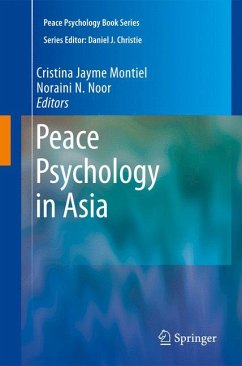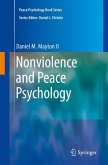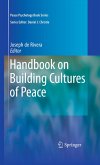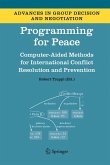Using examples from China, India, Indonesia, the Philippines, and elsewhere in the region, chapter authors illuminate the complex social, political, and religious conditions that have fostered war, colonialism, dictatorships, and ethnic strife, and the equally intricate personal and collective psychologies that need to be developed to encourage reconciliation, forgiveness, justice, and community. Peace Psychology in Asia:
- Integrates psychology, history, political science, and local culture into concepts of peace and reconciliation.
- Highlights the indigenous aspects of peace psychology.
- Explains the critical relevance of local culture and history in peace work.
- Blends innovative theoretical material with empirical evidence supporting peace interventions.
- Balances its coverage among local, national, regional, and global contexts.
- Analyzes the potential of Asia as a model for world peace.
As practice-driven as it is intellectually stimulating, Peace Psychology in Asia is vital reading for social and community psychologists, policy analysts, and researchers in psychology, sociology and international studies, including those looking to the region for ideas on peace work in non-Western countries.
Dieser Download kann aus rechtlichen Gründen nur mit Rechnungsadresse in A, B, BG, CY, CZ, D, DK, EW, E, FIN, F, GR, HR, H, IRL, I, LT, L, LR, M, NL, PL, P, R, S, SLO, SK ausgeliefert werden.









